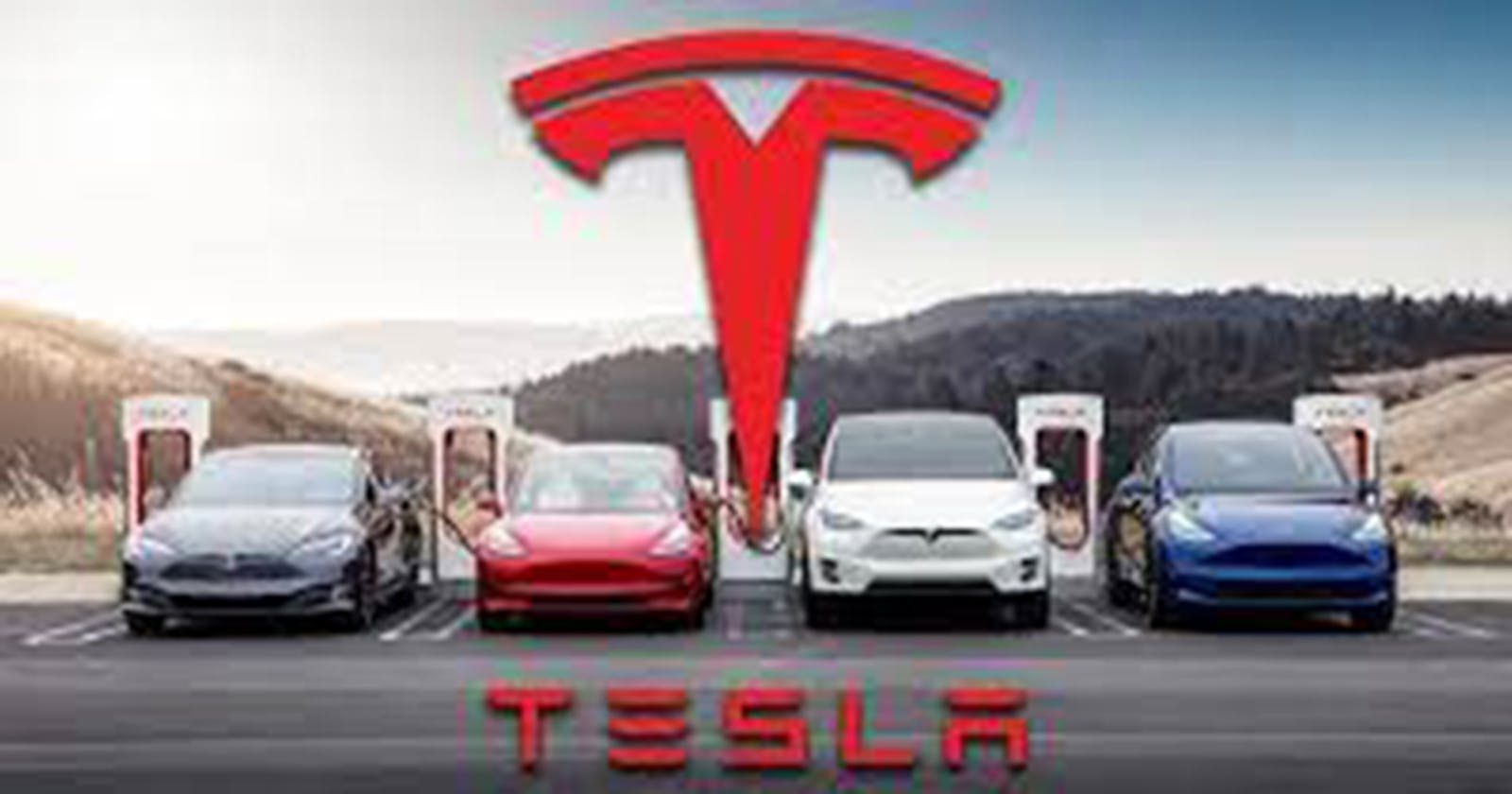Tesla, the leading electric vehicle (EV) manufacturer, recently announced its Q1 2022 earnings report, which missed Wall Street's expectations. The company reported revenues of $11.96 billion, which fell short of the $12.51 billion that analysts had predicted. The earnings miss has raised questions about the future of EVs and Tesla's dominance in the market.
One possible explanation for Tesla's earnings miss is the ongoing global semiconductor shortage, which has affected many industries, including the automotive sector. The shortage has led to production delays and supply chain disruptions, which have impacted Tesla's ability to deliver vehicles to customers. In addition, rising prices for raw materials such as lithium and copper have also contributed to the company's higher costs.
Another factor that may have contributed to Tesla's earnings miss is increased competition in the EV space. As more automakers enter the market, Tesla's market share has been declining. Companies such as Ford, General Motors, and Volkswagen are all investing heavily in EV technology and are introducing new models to compete with Tesla. This increased competition may have impacted Tesla's sales and profitability.
Despite these challenges, Tesla remains a key player in the EV space and is continuing to innovate and expand its product line. The company recently announced plans to introduce a new electric semi-truck and has been working on developing new battery technology that promises a longer range and faster charging times.
Moreover, the global shift toward cleaner energy sources and stricter emissions regulations is likely to continue driving demand for EVs. Governments around the world are implementing policies to encourage the adoption of EVs, such as subsidies and tax incentives, which are likely to benefit Tesla and other EV manufacturers.
In conclusion, Tesla's latest earnings miss highlights the challenges facing the EV industry, including the semiconductor shortage and increased competition. However, the long-term outlook for EVs remains positive, and Tesla is well-positioned to continue leading the industry. The company's continued focus on innovation and expansion, as well as the growing demand for EVs, suggests that Tesla's role in the EV revolution is far from over.
